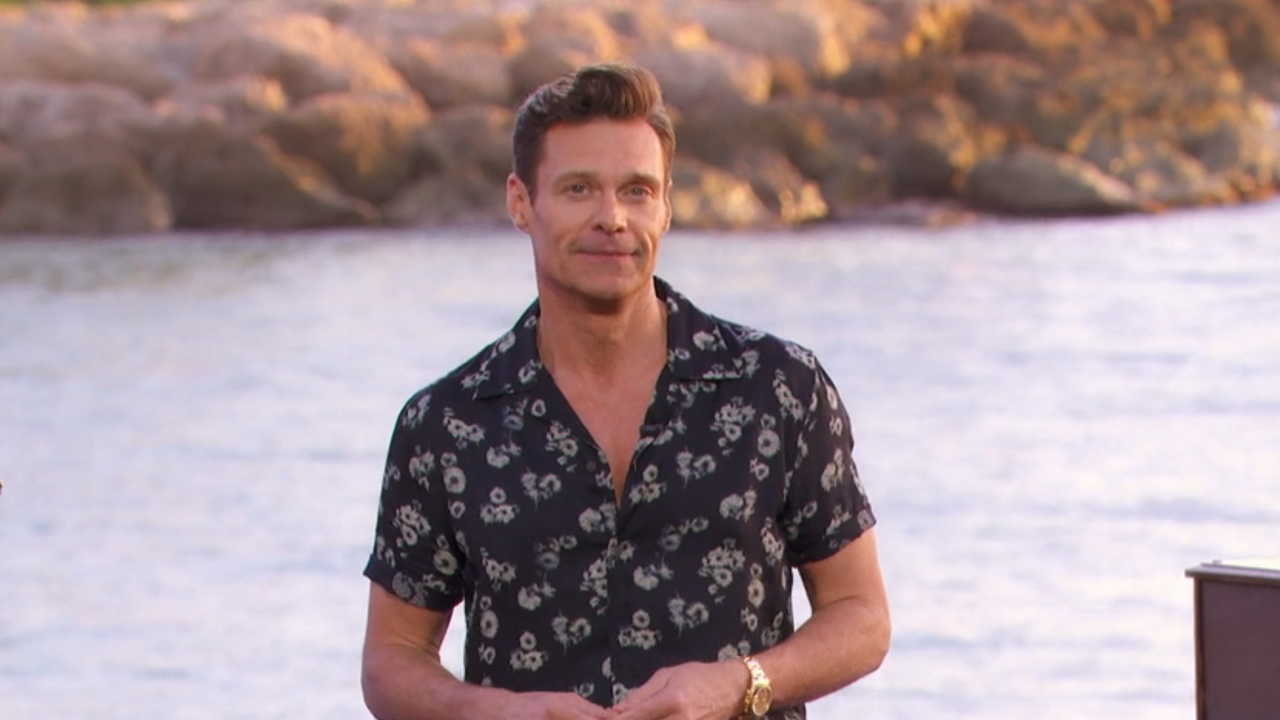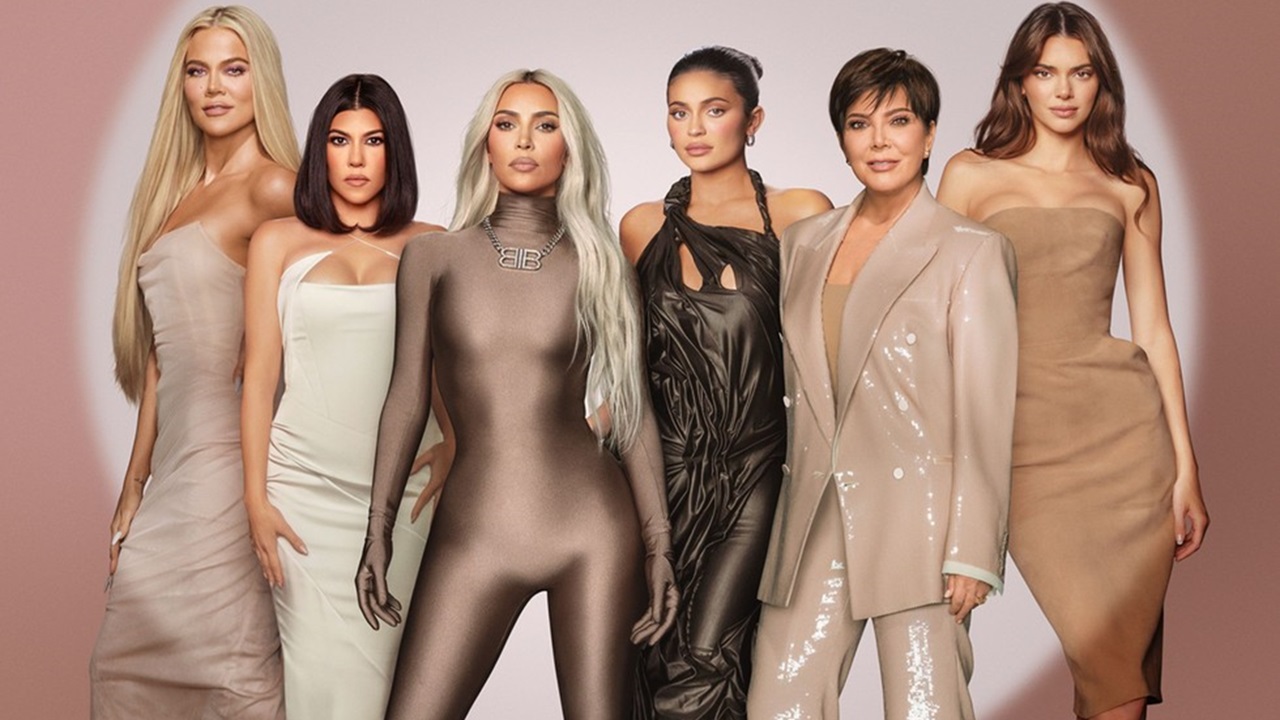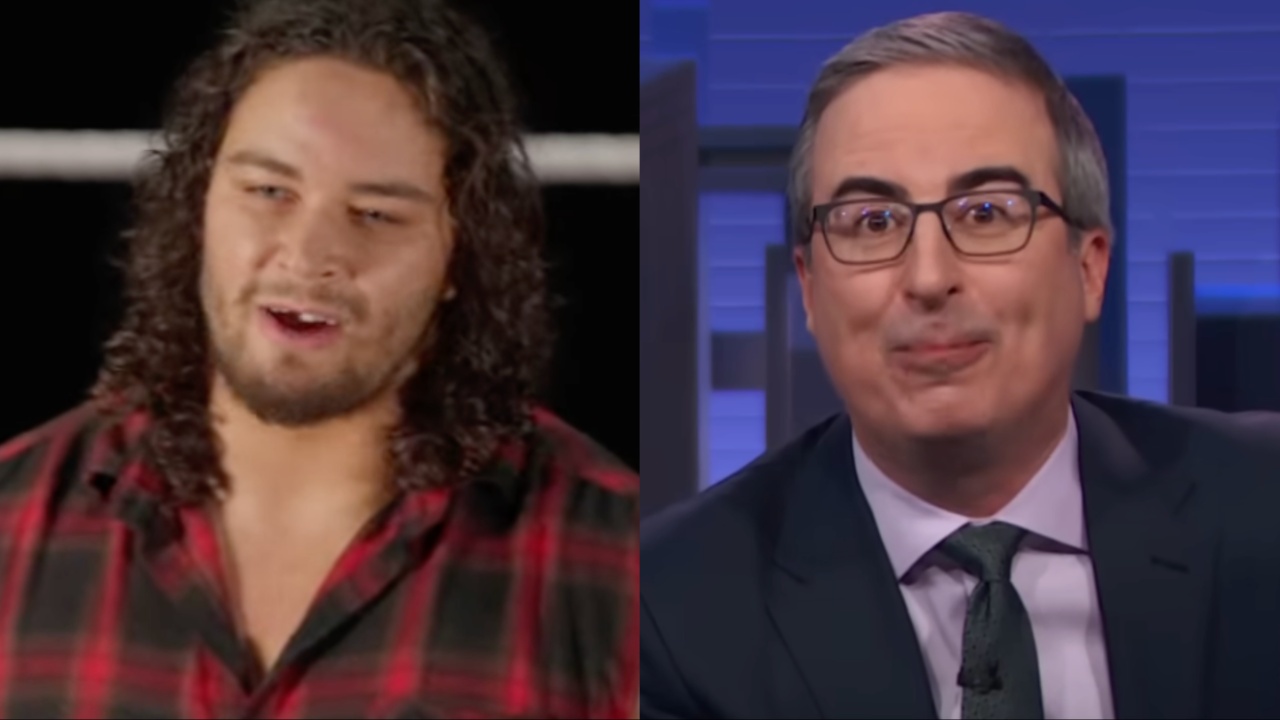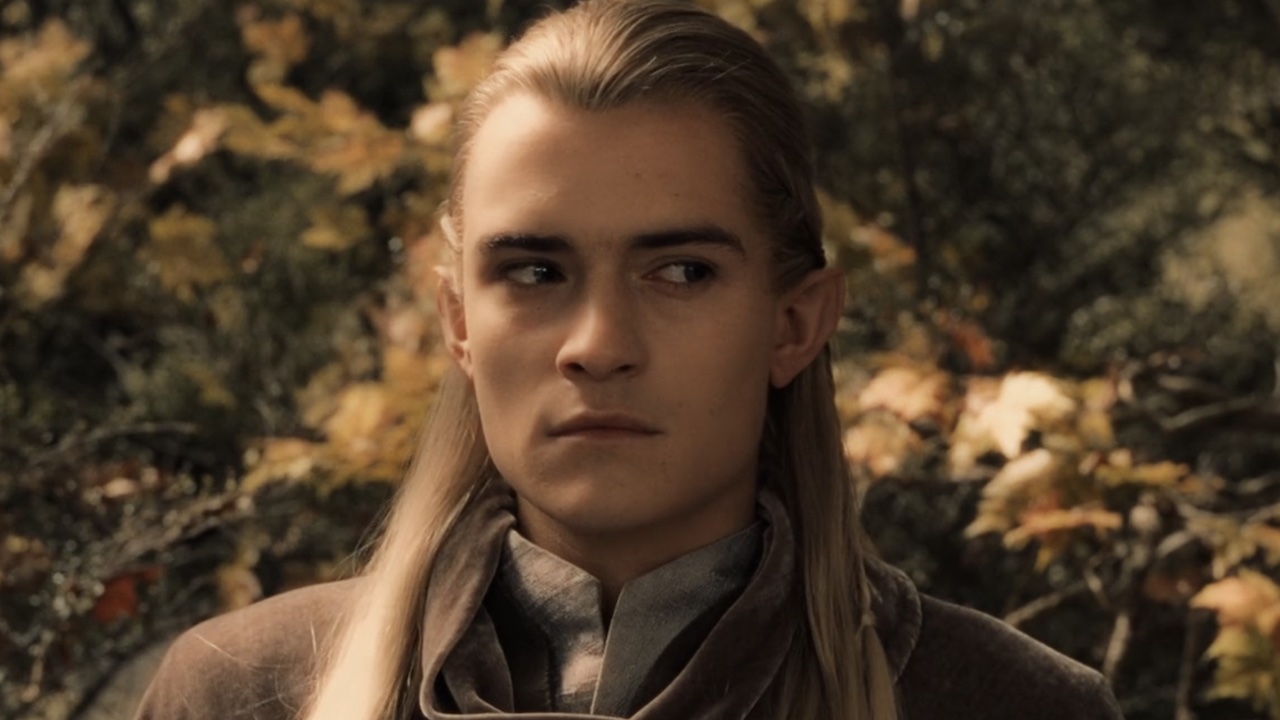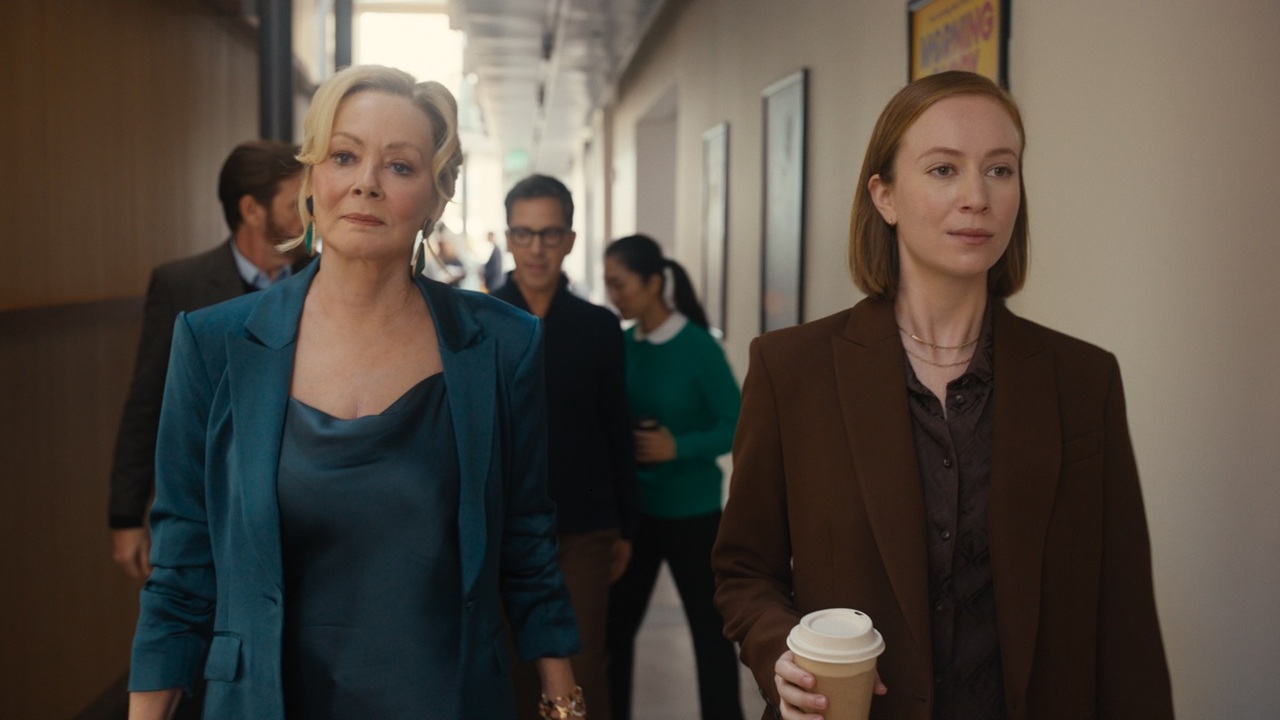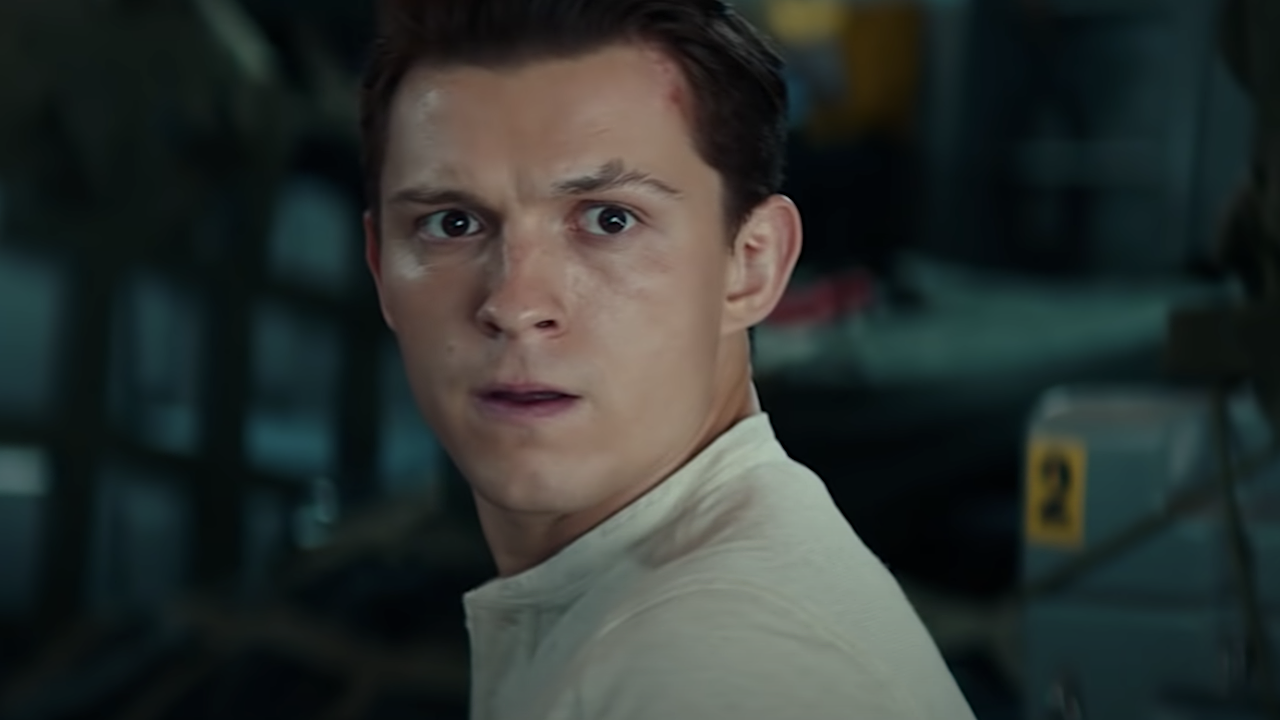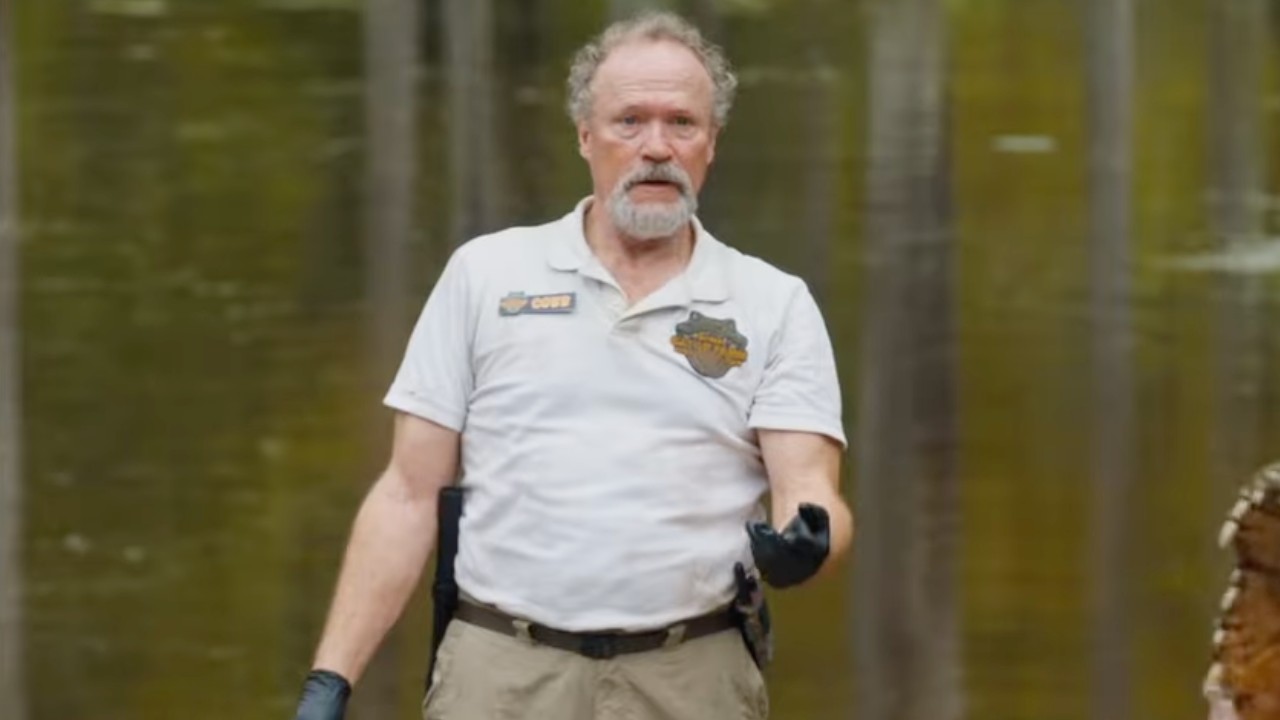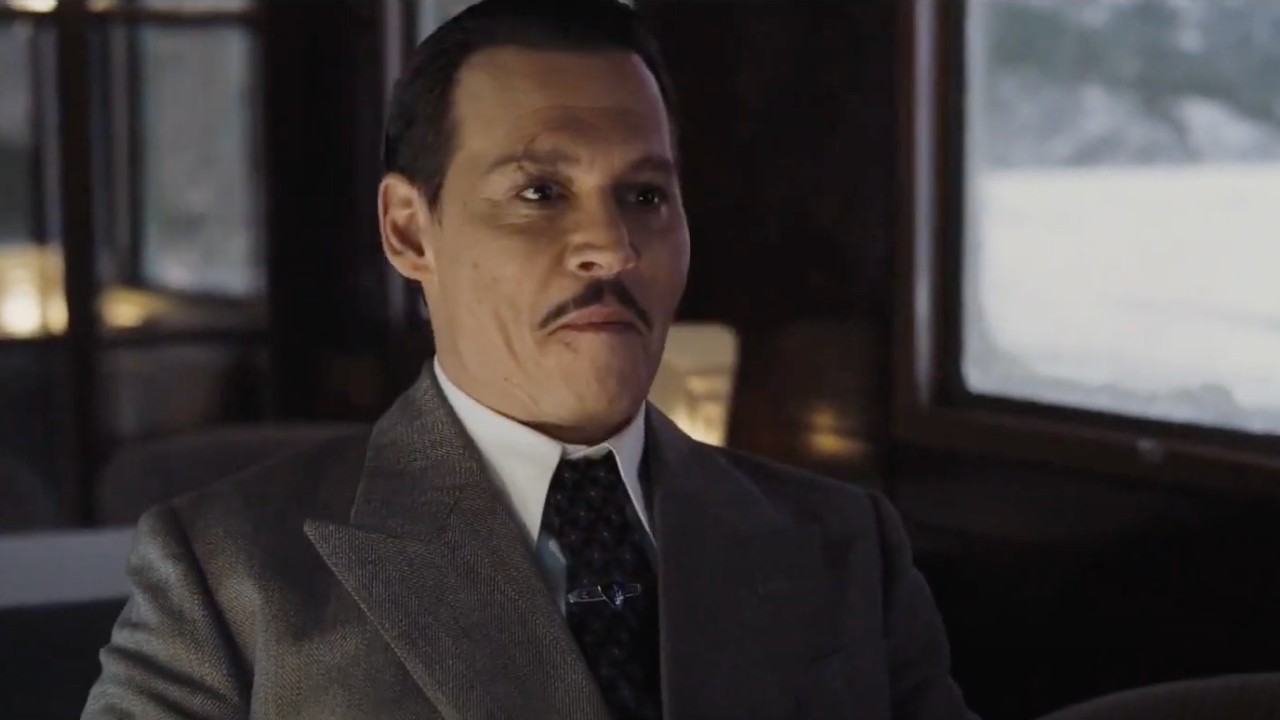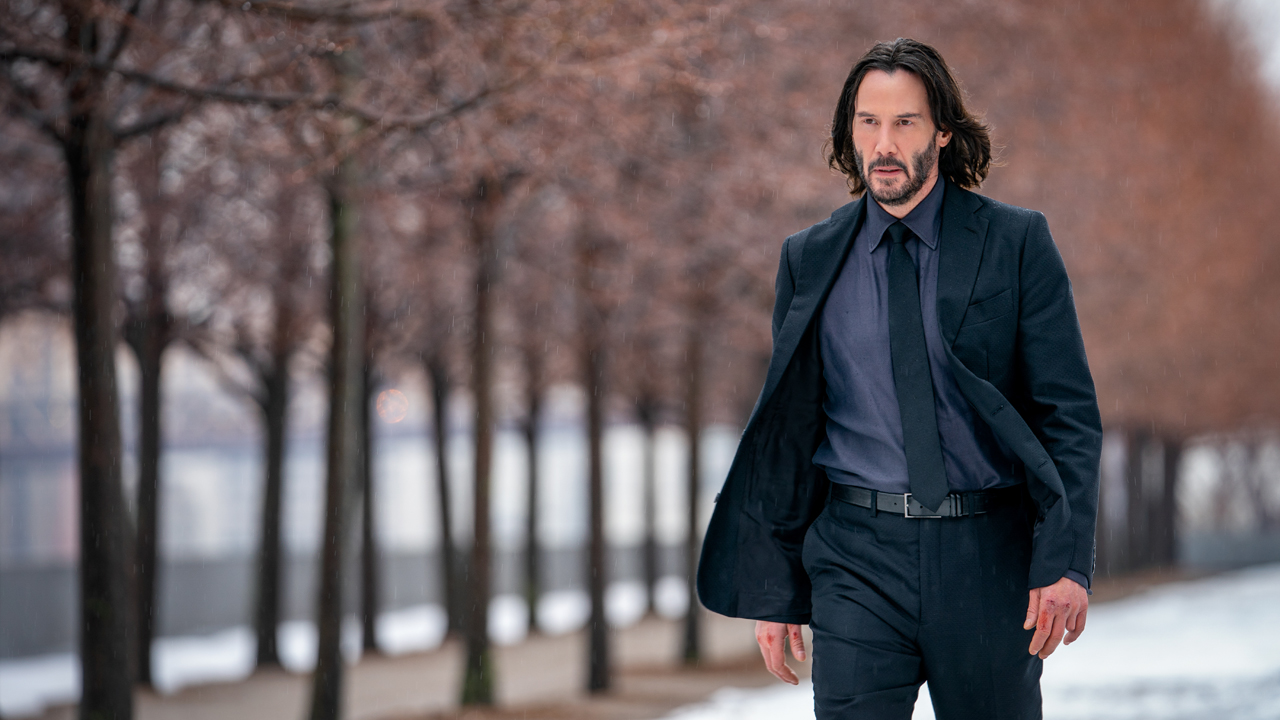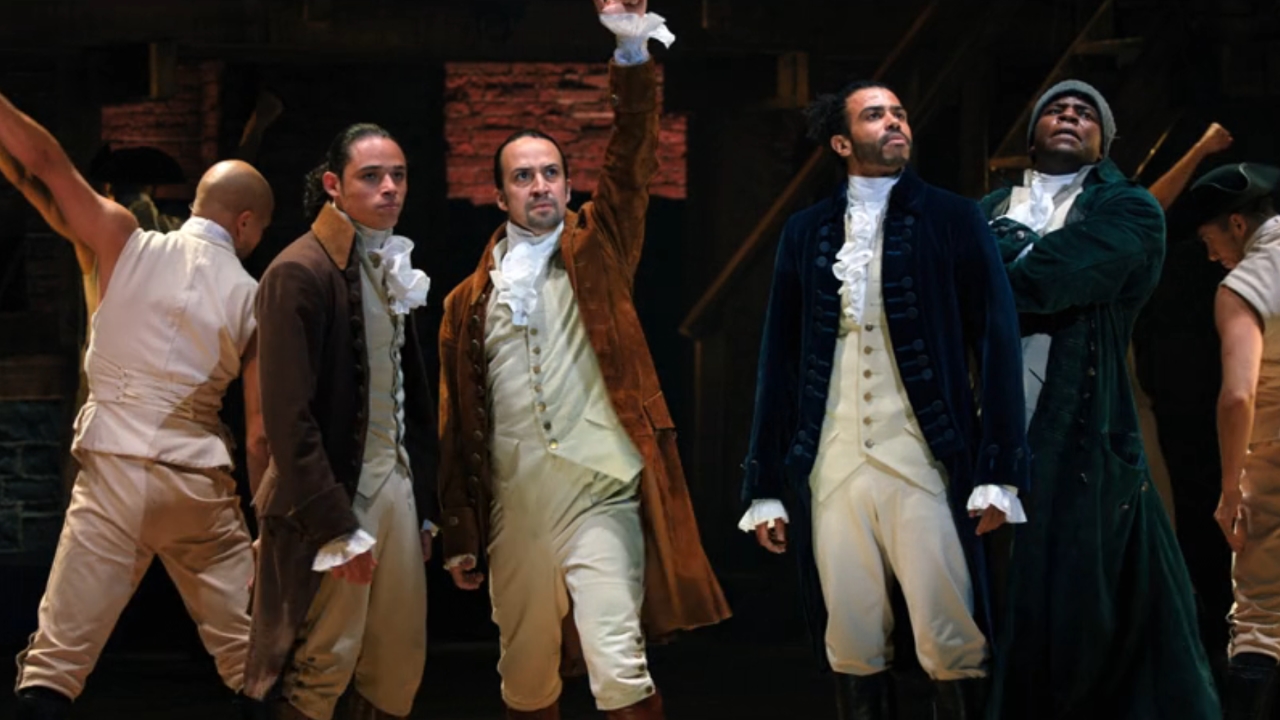How Director Craig Brewer Found Out Jack White Is A Footloose Fan
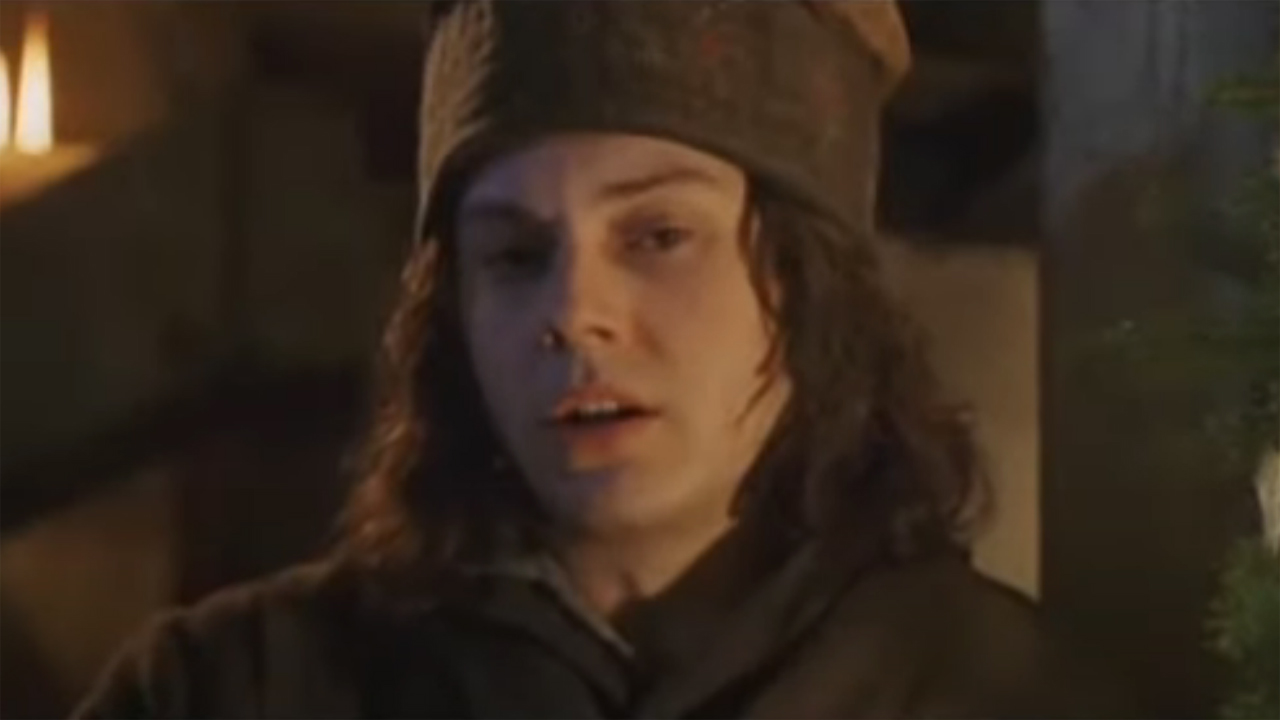
There are many notable scenes in Herbert Ross' 1984 film Footloose, but few are more iconic than Kevin Bacon's "angry dance" in the warehouse. Needless to say, it was a scene that director Craig Brewer had to get right in his remake, which comes out tomorrow. But instead of using the song "Never" by Moving Pictures, which was featured in the original, Brewer instead decided to go with "Catch Hell Blues" by The White Stripes. So how did he go about not only picking the song, but getting permission to use it? Find out below.
I recently had the chance to sit down with Craig Brewer one-on-one to talk about his newest film. In the interview below you will find out not only how the "angry dance" scene came together in the 2011 movie, but where music enters into his process, the affect that music can have on young people, and both his upcoming Tarzan movie and the NWA biopic. Check it out!
Ok, I'm stating the obvious here but music obviously plays a huge part in your films. I'm curious, when you're developing a project, at what stage does the soundtrack start coming into play?
I would say almost immediately. Um, it's really interesting because I remember when I was writing Hustle and Flow, I was still working at Barnes & Noble, and I would write it on my lunch break. And when I would come home I'd write it at night. I had just gotten this new album from this new rap artist named Ludacris, and he had this album called “Back for the First Time”. And if you see this album he's wearing this kind of white wife beater shirt and he's got, like, the cornrows and he's kind of leaning over in this real brooding type of way. And I took the album sleeve out of the CD case and I taped it to my computer as I wrote Hustle and Flow. Now later in the movie I had the scene where Terrence Howard looks at a CD of “Skinny Black”, played by Ludacris, and he takes the sleeve out and staples it to his workstation and it was this really crazy moment for me when I was like, “Man I did the same thing with that same guy, y'know?”
So the reason I bring that up is that very early on I'm trying to get a musical vibe as to what I want the music.. the movie to feel like. So, uh, Black Snake Moan I was playing a lot of blues, recently I wrote a movie called Mother Trucker which is kind of like all about trucker culture, so that had a real fascinating playlist. But, uh, Footloose was easy because it was so much just a part of my life. I knew every song on it, I knew Footloose forwards and backwards, and I knew the songs I could redo, I knew the songs I wanted to keep exactly the way they are. I knew I wanted to bring in some new songs, maybe not do all of the songs from the original, but, y'know I was gonna get crucified if I didn't have at least “Footloose”, “Almost Paradise”, “Holding Out for a Hero”, and “Let's Hear it for the Boy”.
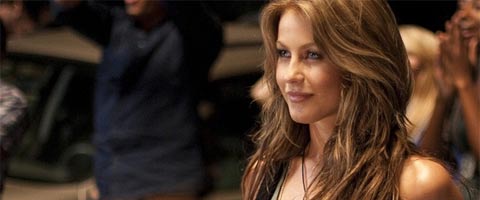
Just on that subject, when it came to the music, when you were choosing the artists to cover the songs, how did you decide?
Well a little bit of it was I'll know it when I hear it, and because we were going, just like the cast of the movie, for new and young talent, people that have maybe been struggling on the outskirts of Nashville and the music industry that haven't yet made it in, we really had our ear to the ground on that. And so for some of the songs... and there's this really great song called “Suicide Eyes”... did you see the movie?
CINEMABLEND NEWSLETTER
Your Daily Blend of Entertainment News
Yeah.
Ok, when you go to the dirt-track for the first time there's this real awesome, y'know, dirty sound and country rock song called “Suicide Eyes” by this band called Thousand Horses. These guys have been playing in Nashville for a couple of years now, trying to get it going and they cut that track on garage band. And I just remember hearing it and just going like, “Oh, this is going in the movie”. But then I also got this track from a 15-year-old girl from Walhalla, South Carolina, named Ella May Bowen and she made her own demo of “Holding Out for a Hero.” It was slow, and soulful, and it was just gorgeous, so suddenly that makes it into the movie. I did however, I'd love to get me, uh, I knew that the scene at the drive in I wanted to be more urban because later I knew we'd be going into the cowboy club and it would be more country.
So I called up David Banner, who was in my movie Black Snake Moan, and I really think David is not only a talented actor but he's just a great producer of music. I called him up and I was like, “Dude, you may not know Footloose and there's this song called 'Dancing in the Sheets'”, and he's like, in that gravelly voice of his, “You mean by Shalamar... man, Footloose was my joint back in the day yo!” He knew it and he was passionate about it and I was like, “Well we don't want an exact version of that song, but it's obviously, y'know it takes place... we want a nod to 'Dancing in the Sheets'”. And he came up with this song called “Dance the Night Away”, that uses a little bit of that hook, and I'm always, uh, surprised by how many people Footloose touches. Even Three 6 Mafia was like, “Dude, you want to put a song in Footloose?” And I was like, “You kidding me?! In Footloose?”
We talked about how there were some songs you had to include, and one of the, well, really the iconic scene from the first film is the angry dance in the warehouse.
Right.
When and how did you decide on “Catch on Hell Blues” by the White Stripes?
Well that was first thing I thought of actually. As a matter of fact, if you talk to the president of Paramount he'll tell you the same thing. What I did was I came in, and when I pitch a movie I bring a boombox with me, and I have a little iPod that's attached to it, and I score my pitch sessions. And I'll never forget knowing in my mind that I'll probably never get Jack to sign off on using “Catch on Hell Blues”-
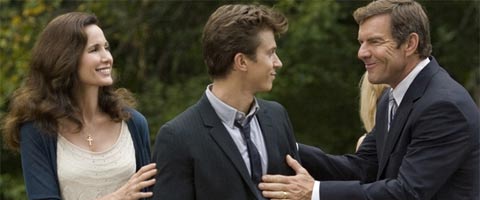
Why'd you think that?
Well, y'know, Jack is, as he should be, very protective as to what his music, y'know how his music is used. And I've met him before I think he's one of the best, one of the greatest artists we have right now. I think he does to rock/pop what I try to do with movies, and that is infuse it with blues, infuse it with some tradition and heritage beforehand where you don't know you're being exposed to it. But I just remember pitching the angry dance, as a matter of fact almost verbatim, I even had, um, it all worked out, meaning I went in to the studio and I had “Catch on Hell Blues” playing and I had the whole angry dance- the original [Brewer takes out his iPad and shows me the “angry dance” clip from the original Footloose synced up to “Catch Hell Blues”] but I just kind of cut it up in different places, like right here they'll... y'know... so I kind of knew early on what I wanted to do. God, I can't believe I have this on my iPad. [laughs] But I, uh, I knew it in and out and I came up with a plan before I'd even written the script. And so I think they responded to that. Luckily I found out Jack was a Footloose fan and he saw the clip and he loved it.
Do you know someone who isn't a Footloose fan? [laughs]
I know! They're out there, you'd be surprised, and they'll letcha know. [laughs]
The whole Twitter thing.
Oh yeah, oh yeah.
Also, one thing that really struck me about the movie is there's the one scene, it's during the second city council meeting when Shaw is talking about the issue of music having an effect on young people. And frankly this is a subject that I've always been interested in. Back during Columbine in '99 you had that whole thing about Marilyn Manson kinda being an influence. And I'm curious, how do you feel about that subject?
Well, it's interesting because when I listen to Shaw in that piece I feel that Dennis kind of nails it because he says, “I think dancing can be destructive and certain kinds of music can be destructive”. And I guess I want to disagree with them, but it's hard for me to disagree with them. Because I have seen how music can affect young minds. I can see that dancing over the years has gone from dirty dancing being the most scandalous thing you could do, of actually rubbing your crotch up against the crotch of another person, but at the very least they were looking each other in the eye! [laughs] Y'know these days, not to sound like a grumpy old man, but like these kids, these girls are basically backing their butts up into boys' crotches and I'm thinking like, what about, y'know some eye contact?! Y'know, what about some connection with the person you're trying to sexually objectify? Y'know, at least I have a connection, y'know?
So I can how there's at least an argument for it. But I think what sometimes parents, or administrators, or lawmakers sometimes forget is that all bets are off when you're dealing with teenagers. Y'know when I see Damian Echols talk about how he went to school with long black hair, and like, a brown paper sack, with a bunch of bullies saying, “Oh you got dead kitties in there?” And he said “Yeah.”... I get that. I remember that time of being paralyzed with fear of what people thought of you. And so much of your personality goes through such change. Like from one year to the next you learn so much. So what I think Footloose teaches us, to make it sound like the bible [Laughs] is, uh, that the job of a parent is to worry and a job of a teenager is to be crazy and act like idiots and there's only a certain time that you get to do that and then after that its over... and then after that you're just kind of pathetic, y'know you're a grown up and you're acting childish. Where during that time, that's the time for it.
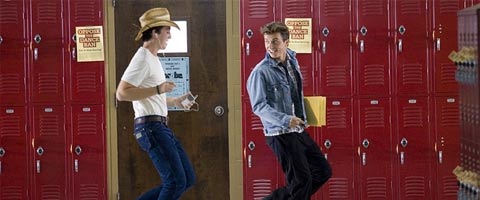
You mentioned how the music influences you straight from the beginning, uh, I know you're working on the Tarzan project... Is that the same deal?
Oh yeah, yeah. But it's different, it's not like, um, I'm putting in a bunch of contemporary music. It's the right kind of soundtrack, y'know, because of the direction that I'm going with Tarzan, I listen to a lot of the soundtrack of The Last of the Mohicans. The Last of the Mohicans is a movie that I felt was probably the closest Tarzan movie really made in the last decade or two.
Just another thing, there was a recent news story that said you were on a short list for an upcoming NWA biopic.
I read that too.
What did you think of it?
It was a strange way to wake up in the morning. [laughs] Y'know, uh, right now I'm still in the mode of wanting to direct things that I write and that is a good script, I don't want to comment on it, I want to keep the options open... It's always nice to be respected and thought of, especially in respect to a story that's as incredible as that. It really is. I just listened to the double album of “Straight Outta Compton” and, y'know, that album is truly a work of art. I mean, I don't think you could make an album like that today and have people respond to it the way it did. The music industry has changed, I don't know if it would allow one side of a record to only have three or four songs on it, and be y'know, that long and that potent, that awesome.

Eric Eisenberg is the Assistant Managing Editor at CinemaBlend. After graduating Boston University and earning a bachelor’s degree in journalism, he took a part-time job as a staff writer for CinemaBlend, and after six months was offered the opportunity to move to Los Angeles and take on a newly created West Coast Editor position. Over a decade later, he's continuing to advance his interests and expertise. In addition to conducting filmmaker interviews and contributing to the news and feature content of the site, Eric also oversees the Movie Reviews section, writes the the weekend box office report (published Sundays), and is the site's resident Stephen King expert. He has two King-related columns.
